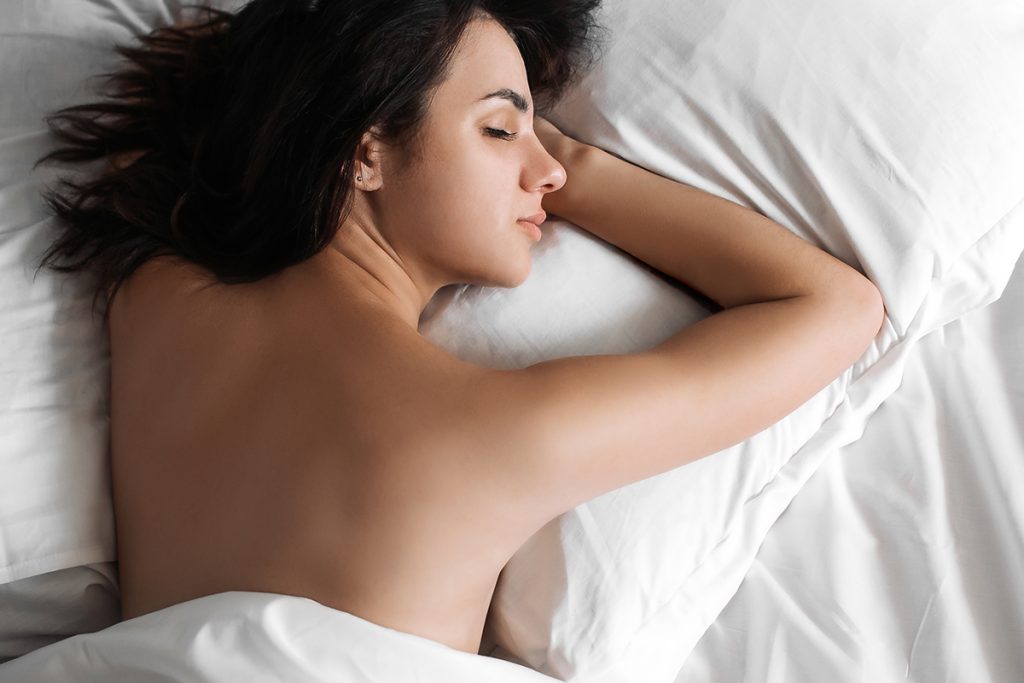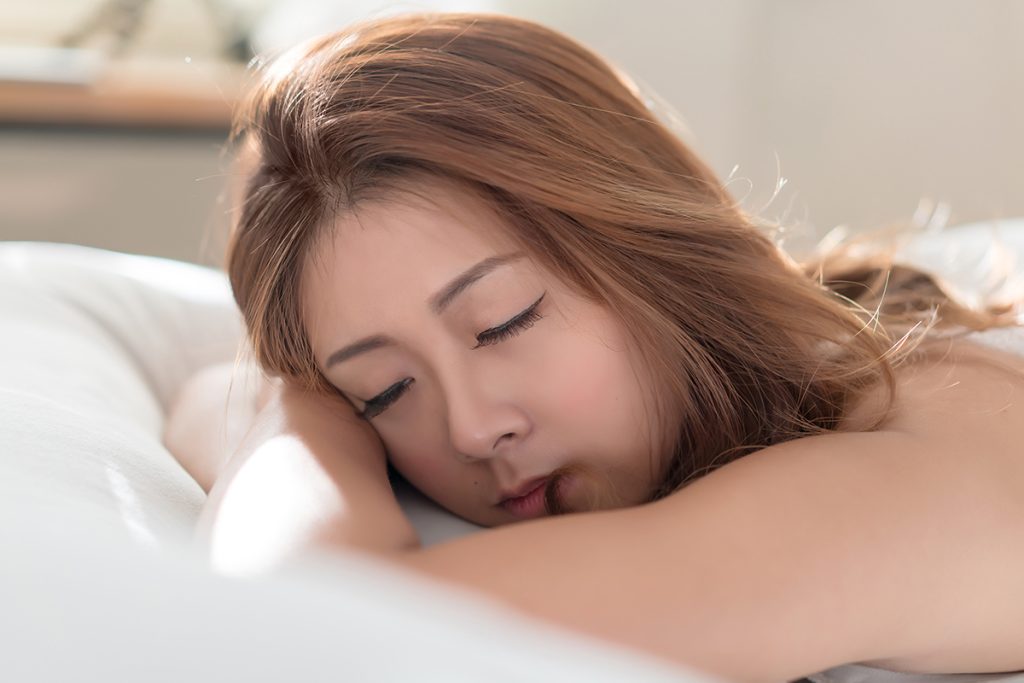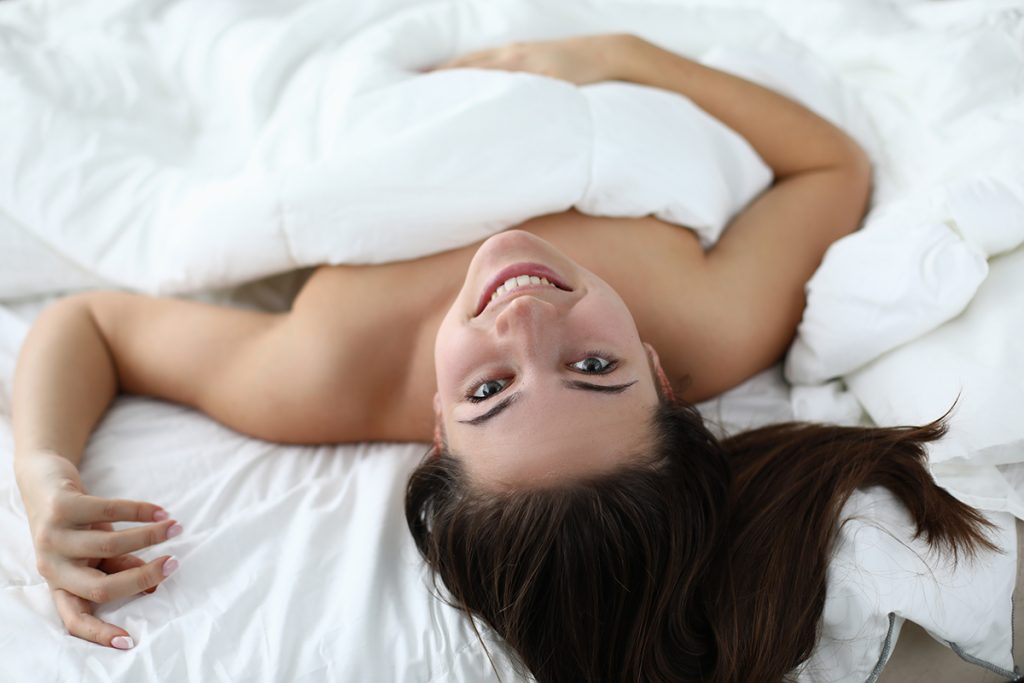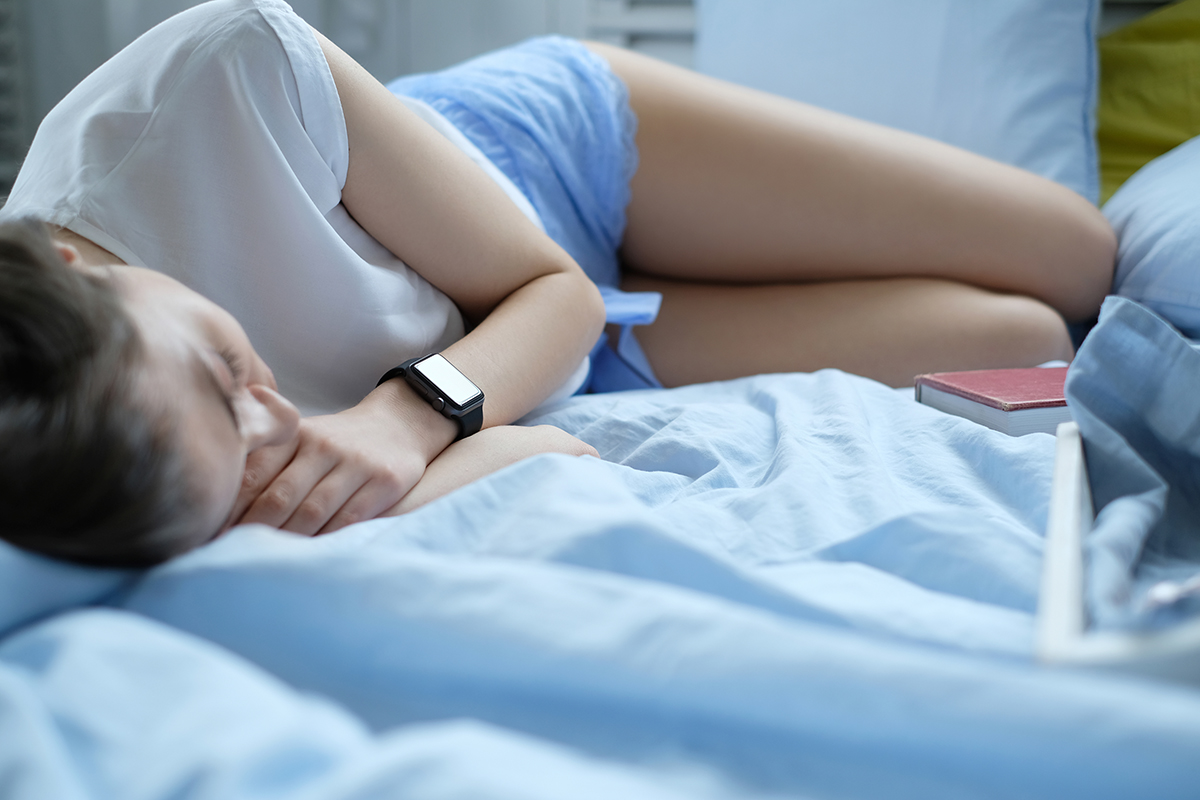5 Reasons why sleeping naked is not the answer for a hot summer

Sleeping without pajamas is trending. According to research from a popular American online mattress company, nearly one third of Americans surveyed sleeping naked—whether daily, weekly, monthly, or occasionally. The remaining two third prefer to wear clothes to bed.
However, opting for nude sleep this summer may not be as advantageous as it seems. While it’s a common practice, there are drawbacks, especially for those prone to nighttime sweating or with sensitive skin. Here’s why you might reconsider your bedtime attire and slip into some pajamas this season.
01.Hygiene conciderations
Nightly, bedding gathers dust, oil, dead skin, and sweat, needing regular cleaning. Clothes may slow this.
Worried about hygiene? Science says people emit up to 25 daily farts, potentially soiling sheets. Underwear helps, though some gynecologists suggest sleeping without for vaginal health.
Wash bedding every other week, or weekly if sleeping naked. Showering before bed helps, but dry hair to avoid pillow bacteria. For nude sleepers, clean mattresses twice yearly, replace every decade.

02. Temperature
While sleeping in the nude might seem cooling, it can backfire. Opting for lightweight, breathable pajamas can effectively absorb moisture. Sleeping naked traps sweat, leaving sheets and mattresses damp and uncomfortable.
03. Allergies and sensitivities
Sleeping nude exposes your body directly to bedding, accelerating the accumulation of dirt, oil, and dead skin, which can pose health risks, especially for those with allergies or sensitive skin.
As you sleep, shedding dead skin cells attract dust mites that thrive on them. For the 20 million Americans allergic to these mites, symptoms like congestion, coughing, and sneezing may occur.
Moreover, depending on your bedding material, direct skin contact can lead to discomfort such as rashes and irritation. Individuals with conditions like eczema or psoriasis should avoid sleeping naked on synthetic materials like polyester, opting instead for breathable natural fabrics such as cotton or silk, as recommended by experts.
04. Difficulty getting to sleep
For some individuals, sleeping naked can feel awkward and unnatural. If going to bed without clothes isn’t comfortable for you, it may hinder your ability to settle into sleep. This discomfort could potentially lead to decreased sleep quality, resulting in irritation, difficulty concentrating, and memory issues.
Likewise, wearing uncomfortable clothing to bed can also disrupt sleep. When choosing bedtime attire, prioritize whatever makes you feel most comfortable, whether it’s an old T-shirt, a matching pajama set, or a nightgown.

05. External influences and exposure
Besides the hygiene and health considerations of sleeping naked, there are other practical factors to take into account. Firstly, clothing can serve as a protective barrier against insects and spiders. While not foolproof, clothes provide an additional layer of defense against potential bites.
Additionally, sleeping nude can lead to uncomfortable situations if you share living space with roommates, children, parents, travel frequently, or experience sleepwalking. For example, encountering someone unexpectedly in the hallway while heading to the restroom during the night could be awkward.
Moreover, in case of emergencies like a fire or other urgent situations, there may not be enough time to dress appropriately before taking action. This could potentially lead to awkward or embarrassing moments, especially during evacuations from your home.
5 Reasons why sleeping naked is not the answer for a hot summer conclusion
Sleeping naked may not pose immediate life-threatening health risks, but it’s prudent to consider the implications of this choice. Notably, sleeping without clothes can heighten the accumulation of dirt and dust mites, potentially triggering allergies and compromising the hygiene of your bedding.
Ultimately, the decision of bedtime attire is a personal preference. If sleeping nude feels more comfortable to you, there’s no significant harm in continuing this practice. However, it’s advisable to maintain a weekly schedule for changing your sheets to mitigate the accumulation of dirt, dust, sweat, and other potential contaminants.




















